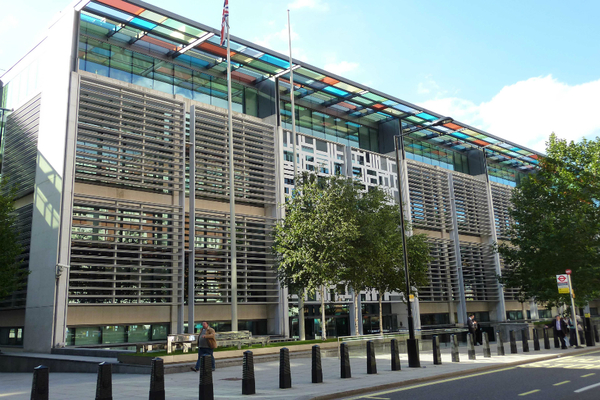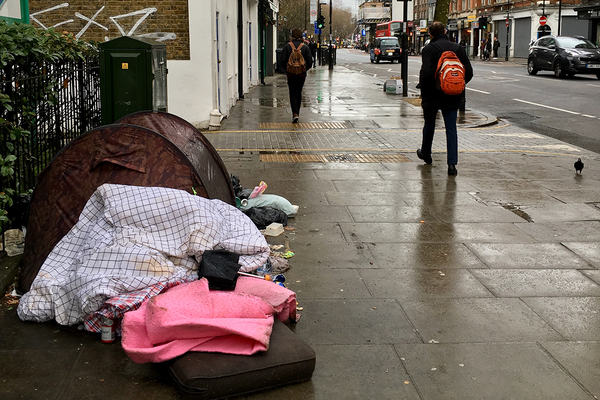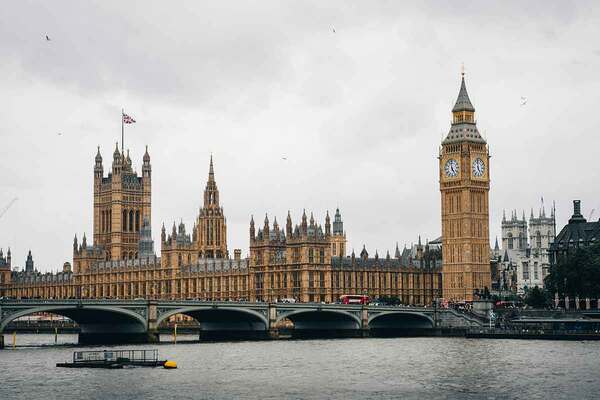Leading housing organisations hit out at government’s ‘dysfunctional’ new immigration system
A number of leading housing bodies have criticised the government’s new immigration plans, branding them “dysfunctional” and warning they will make it more difficult for housing workers to support asylum seekers.

In a joint response to the Home Office’s New Plan for Immigration, the Chartered Institute of Housing, Homeless Link, Metropolitan Thames Valley and the No Accommodation Network (NACCOM) said the proposals will create “severe hardship” for people seeking asylum in the UK and will encourage them to “stay under the radar”.
The organisations said the new system raises a number of concerns in relation to housing and fails to address a number of key immigration-related housing issues, such as the Right to Rent, housing for refugees and the no recourse to public funds (NRPF) rules surrounding housing benefit.
In March, home secretary Priti Patel unveiled the government’s post-Brexit immigration plans, which include preferential treatment for asylum seekers who travel to the UK through official resettlement schemes over those who travel on their own initiative.
Under the new rules, those who arrive in the UK illegally will no longer be admitted to the asylum system, with Ms Patel stating that the government will make “every effort to remove” them.
In cases where removal is not possible, the asylum seekers will be able to stay in the UK for a period of no longer than 30 months, during which “they will be regularly assessed for removal” and will have NRPF, except in cases of destitution.
NRPF is a condition placed on individuals as a result of their immigration status, which prevents them from accessing public support including housing benefit.
These rules can apply to people who are in the country both legally and illegally and have been identified by charities as one of the leading causes of rough sleeping in the UK.
The housing bodies said the new immigration rules “will prevent asylum seekers whose claims are accepted from accessing permanent housing, getting social security benefits, making a ‘home’ from which to look for a job, register for health care etc”.
“It will make it harder for services to support them, thereby driving a more dysfunctional system,” they added.
In addition, the organisations said a “major” concern with the government’s plans is its failure to address a number of housing-related issues already present in the UK’s immigration system.
For example, they said the proposals do not refer to the Right to Rent, which requires landlords to check that people living in their properties have the legal right to live in the UK.
In 2019, the High Court found that the policy was discriminatory against British citizens from minority ethnic backgrounds and foreign nationals who had a legal Right to Rent, but this ruling was later overturned in the Court of Appeal.
The group of housing organisations also said the government’s immigration system “does not address long-standing concerns about the difficulties faced by asylum seekers in supported accommodation who receive a decision and then have to leave”.
Under the current rules, asylum seekers are accommodated by the Home Office for the duration of their claim, but once a decision is made they are given a 28-day deadline to find other accommodation, which campaigners have argued is not enough.
They said the proposals also fail to address “the widespread and continuing concerns about the quality of asylum accommodation” and said the government’s plan to introduce “reception centres” to provide basic accommodation for people while their asylum claim is being processed is “problematic”.
Minister for immigration compliance and justice Chris Philp said: “With each day that passes, more vulnerable people are falling prey to organised crime gangs and risk dying in the back of lorries and at sea.
“We have a responsibility to put the New Plan for Immigration into action so that we can fix the long-standing problems in the asylum system, and enable us to better support those who are genuinely in need. The plan contains more than 40 pages of detailed policy proposals – it’s completely false to suggest it is limited in scope. “The consultation has been open for over a month and thousands of stakeholders as well as members of the public have shared their views. We will consider all responses carefully before bringing forward legislation.”
Sign up for our homelessness bulletin
Already have an account? Click here to manage your newsletters












